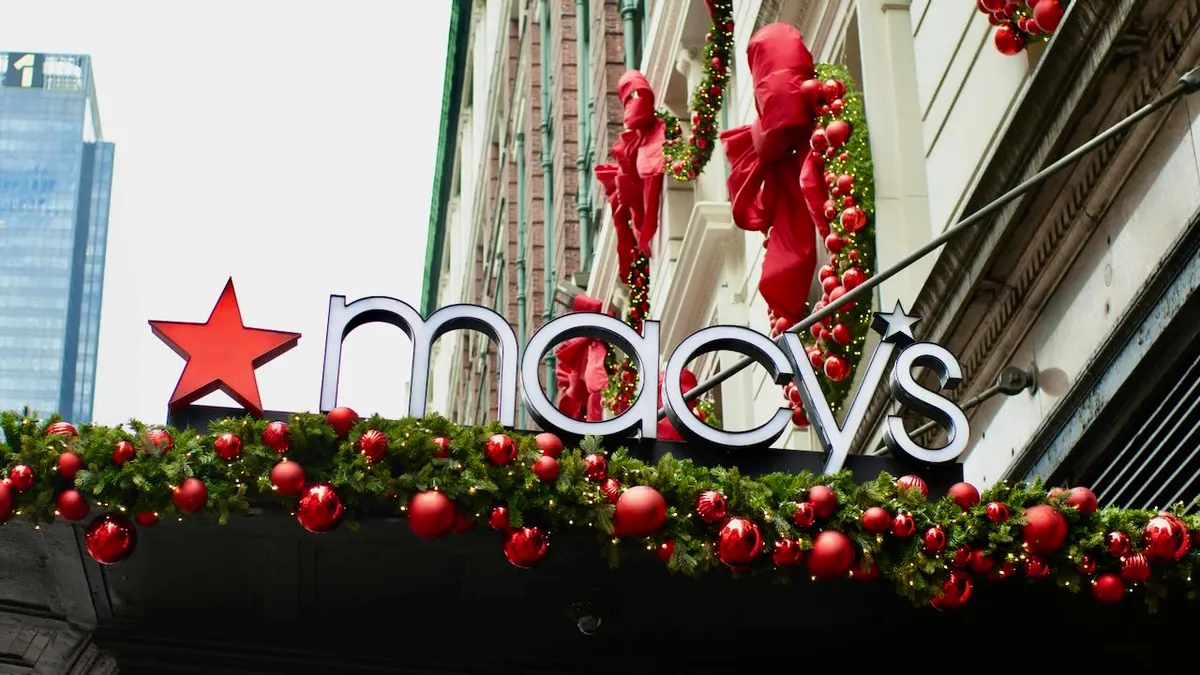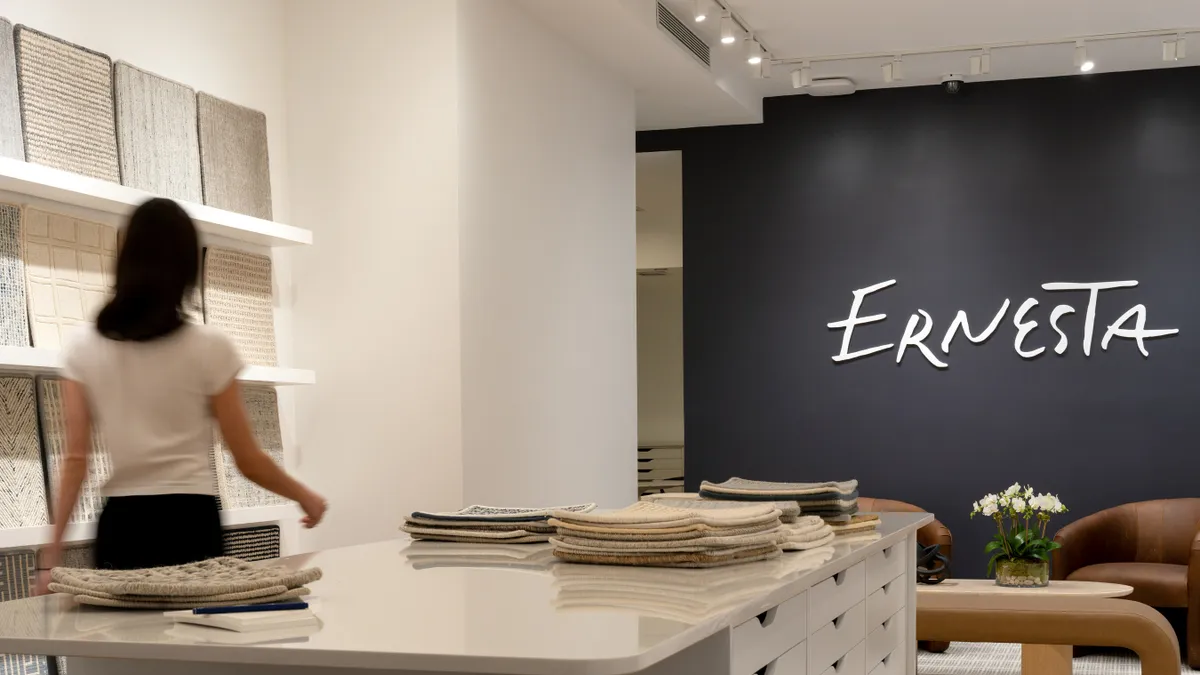Last week, Amazon surprised the retail world by opening its first physical store, a bookstore called Amazon Books located in its hometown of Seattle.
But why would a company that disrupted the entire retail industry with its pure-play online prowess, lower prices, and whiz-bang fulfillment enter the space that it had apparently tried to vanquish two decades earlier? And why books?
Amazon isn’t saying, really.
“You ask why now, but in some ways, it’s kind of like, 'why not?'” Amazon VP of books Jennifer Cast told GeekWire.
While brick-and-mortar is a notoriously hard nut to crack, profits may not be what Amazon is searching for in this new endeavor.
Why people shop at Amazon
First let’s remind ourselves why people shop at Amazon in the first place. Actually, Amazon literally is the “first place” many shoppers go online. That is, they use the company’s impressive database more often than a search engine, just to find information on possible purchases. They do so because item descriptions are detailed, with specifications clearly stated and user reviews on most items numerous enough—and mostly objective enough—to be helpful, most of the time.
From there, the expectations are that Amazon will have among the lowest, if not the lowest, prices compared to anything online or in nearby stores. Chances are good that an item you’re looking for will be there thanks to its overwhelmingly large assortment, and even if it isn’t, close alternatives will be suggested—there’s no “item not found” issue at Amazon.
Then there’s its fulfillment, which for Prime members includes free two-day shipping on loads of things, and which is generally swift, accurate, and dependable.
Amazon’s take on brick and mortar
But why would anyone shop at a physical Amazon store, a place not designed merely to pick up online orders?
First of all, many may not. The first descriptions and reviews of the customer experience at the Seattle shop are in, and they include oddities like an emphasis on out-facing books (“We realized that we felt sorry for the books that were spine out,” Cast was quoted as saying by several news outlets) and missed opportunities, like a lack of emphasis on (or even availability of) Amazon’s own published books— not even the popular memoir "My Mother was Nuts" by director/comedian Penny Marshall.
Putting aside any analysis of "pity for inanimate objects" as a merchandising motive, the store as described seems to reflect a certain lack of expertise in operating physical stores.
“The store is physically odd,” writes Dustin Kurtz in The New Republic. “It betrays inexperience with retail. The stacks are situated too close to one another so that you have to brush past other browsers—Paco Underhill’s famed ‘butt brush’—and can’t comfortably bend down to see books on lower shelves. The first display tables are too near the doors, which discourages browsing. Above the shelves along the walls are bays of books, spine out—decoratively arranged overstock. They have no bearing on the books below them.”
Can an Amazon store compete?
Amazon may not have a grip on the very reason independent booksellers, and those customers loyal to them, have suffered under its low-price juggernaut: it's hard to run a business if you can't make money on what you're selling.
While much has already been made of the Amazon Bookstore’s higher-than-average wages, several booksellers have expressive skepticism that the store’s operations can survive its penchant for low prices. Independent bookseller Peter Aaron, owner of Seattle's Elliott Bay Book Co., told Business Insider that he, for one, doesn't see it.
"I can't imagine that there would be any profit, especially if their pricing is identical to the prices online, given rent and staffing," he says.
Of course, Amazon has other sources of business that could help it prop up a failing brick-and-mortar enterprise.
Still, many independent booksellers have defied the predictions of doom in light of the Amazon effect, and have actually thrived. Their surprising survival and even revival is one of the biggest success stories of the “buy local” movement. While bookstores were once written off as Amazon's first victims, in the past four years new bookstore openings have actually outpaced closings. Most people still shopping at their higher-priced local bookshops are very loyal to them. Could a bookstore by Amazon draw many to an offline store when Amazon online is already a known quantity?
An experiment
Aside from a few pop-ups here and there, it's true that Amazon does have very little experience with physical retail. And, as disruptive and successful as it has been, it also has muted experience with profits, and plenty of experience with failure.
“My background was always in e-commerce,” says Kurt Salmon Digital VP of client services Andy Wong, who works with several retailers on omnichannel and digital efforts. “For me, what I’ve discovered coming from the world of e-commerce, is that running stores is hard.”
And brick-and-mortar retailers may have it easier figuring out how to succeed in e-commerce than Amazon may have in figuring out brick-and-mortar, Wong speculates.
“I don’t know what their long-term plan is,” he told Retail Dive. “It seems to be an experiment, to learn how to run a store. When you think of the things that they sell, what do they distill, to decide what to put in their store. And purely looking what they have put in their store, it’s kind of a luxury market. Print books and technological devices. Almost like an authentic hipster luxury store.”
Wong is not the only one who believes that Amazon’s foray into brick and mortar is designed to vacuum up and cough out data. Forrester Research analyst Sucharita Mulpuru told Business Insider that the experiment will likely be very helpful to the e-retail giant.
"If they sell books, awesome,” Mulpuru says. “Even if they don't sell books, there's a lot to learn about how people discover products, how they shop for products. Does a physical store increase your likelihood to spend with Amazon in general? Does it make you more loyal to Amazon?"
And even if it turns out to be folly, as Wong suggests it might, Amazon hasn’t come as far as it has by being cautious.
“What really matters is, companies that don’t continue to experiment, companies that don’t embrace failure, they eventually get in a desperate position where the only thing they can do is a Hail Mary bet at the very end of their corporate existence,” founder-CEO Jeff Bezos told Business Insider late last year. “Whereas companies that are making bets all along, even big bets, but not bet-the-company bets, prevail."























